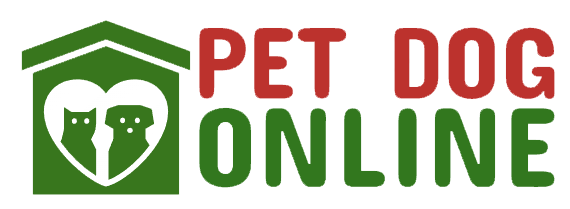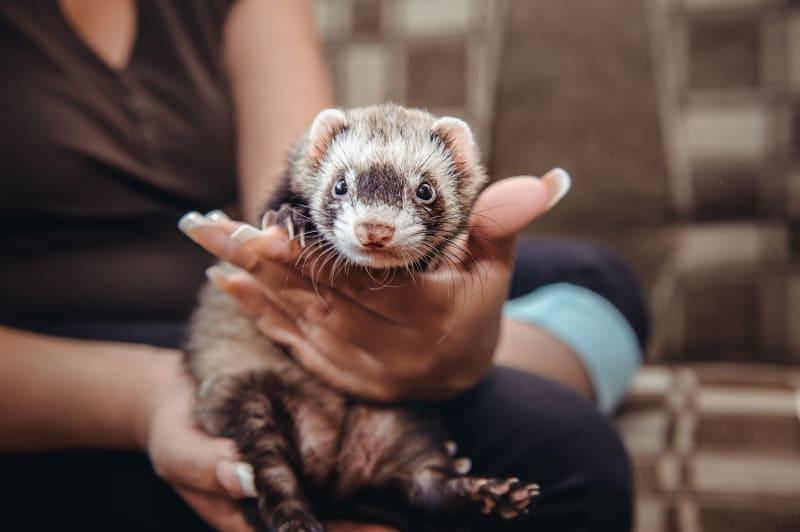
Navigating Ethics in the World of Exotic Pet Ownership
In a world where the allure of the exotic captivates the inventiveness, the ownership of unconventional pets has surged into the mainstream. From shimmering reptiles to vibrant tropical birds, these unique companions have woven themselves into the fabric of modern life, enticing animal lovers with the promise of unusual beauty and companionship. Though, behind the glossy exterior of exotic pet ownership lies a complex web of ethical considerations. As guardians of these remarkable creatures,we must navigate the often murky waters of obligation,legality,and conservation. This article aims to shed light on the multifaceted aspects of owning exotic pets, encouraging an informed dialog about what it truly means to share our lives with them. From understanding their needs and natural behaviors to the implications of wildlife trade, we invite you to explore the ethical landscape that accompanies the joy of exotic pet ownership.
Table of Contents
- Understanding the Ethical Implications of Exotic Pet Ownership
- Assessing the Welfare Needs of Unique Animal Companions
- Legal Considerations and Responsibilities for Exotic Pet Owners
- Fostering Responsible Practices in the Exotic Pet Community
- To Wrap It Up
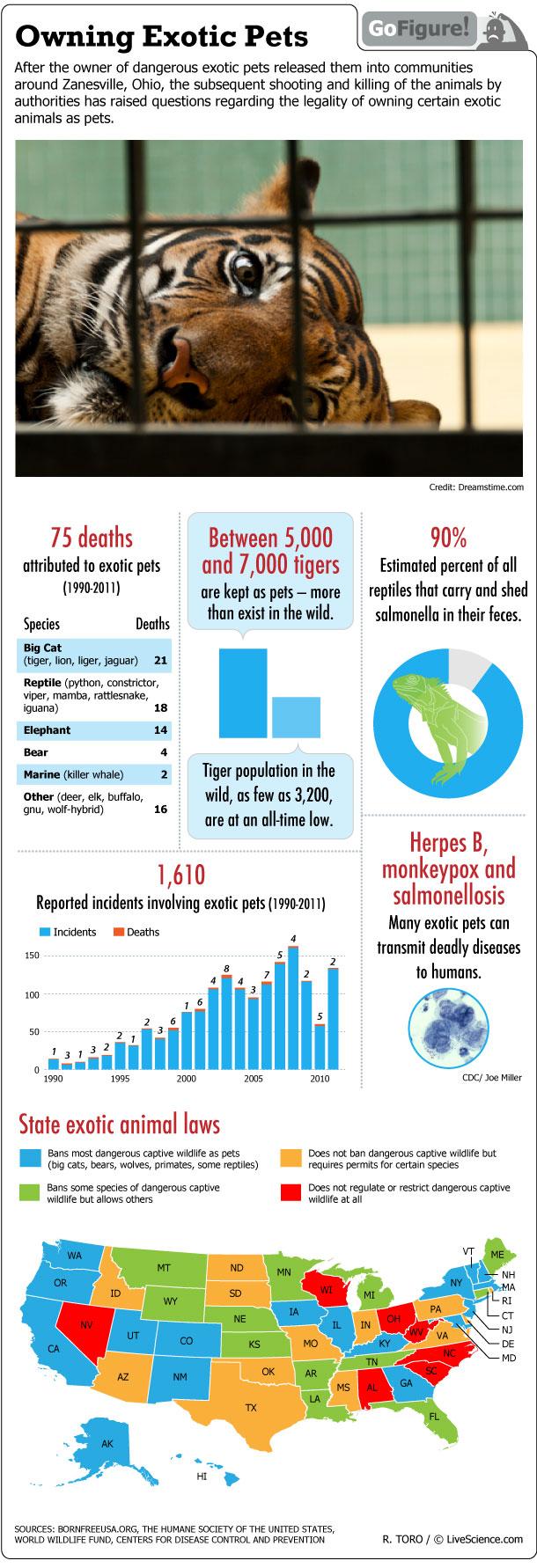
Understanding the Ethical implications of Exotic Pet Ownership
As the trend of owning exotic pets continues to rise, it’s crucial to examine the moral responsibilities that come with such choices. Exotic pet ownership often raises important ethical questions, such as the impact on the species’ well-being and the potential consequences for local ecosystems. Before acquiring an exotic animal, prospective owners should consider factors like:
- Conservation Status: Is the species endangered or threatened?
- Habitat Needs: Can the owner replicate the natural environment required for the animal’s health?
- Social Needs: Does the animal thrive in solitude, or does it require companionship?
Additionally, the legality and moral implications surrounding exotic pet ownership are more complex than they may appear. Many regions have laws designed to protect wildlife, and breaching these regulations can lead to severe legal repercussions. Furthermore, potential buyers should evaluate the source of their pet, as many exotic animals are captured in the wild and sold in the pet trade, contributing to biodiversity loss. To clarify these points, consider the following table:
| Aspect | Ethical Considerations |
|---|---|
| Source | Wild-caught vs. captive-bred |
| Care Requirements | Complex needs vs. owner’s capabilities |
| Long-term Commitment | Life expectancy and care over time |
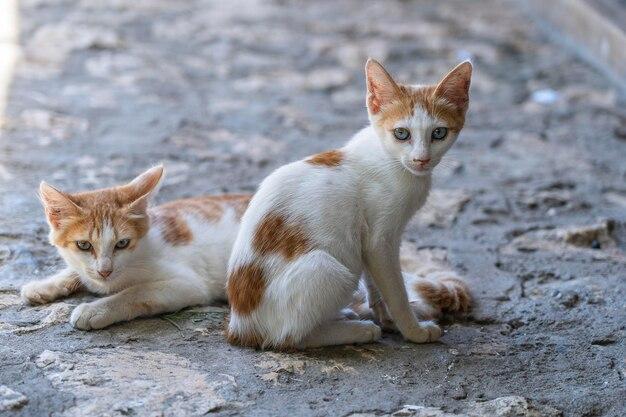
Assessing the Welfare Needs of Unique Animal Companions
When it comes to exotic pet ownership, assessing the welfare needs of these unique animal companions is paramount. Unlike traditional pets, exotic animals often have specific environmental, dietary, and social requirements that must be met to ensure their well-being. Owners should consider the following factors:
- Habitat Complexity: exotic animals typically require an environment that mimics their natural habitat. This can include specific substrates, plant life, and climbing structures.
- Dietary Needs: Many exotic species have specialized diets that must be maintained; providing the wrong type of food can lead to severe health issues.
- Social Interaction: understanding whether a species thrives alone or in social groups is crucial for proper social enrichment.
Regular health assessments are also essential in identifying and addressing potential welfare issues before they escalate. Regular veterinary care should include:
| Health Check Component | Frequency |
|---|---|
| Initial Health Assessment | Upon Acquiring Pet |
| Routine Check-ups | Annually |
| Vaccinations/Preventive Care | As Recommended |
| Behavioral Assessments | Quarterly |
By prioritizing the specific requirements of each species, owners can better navigate the complexities of exotic pet care, ultimately fostering a more ethical approach to their companionship.
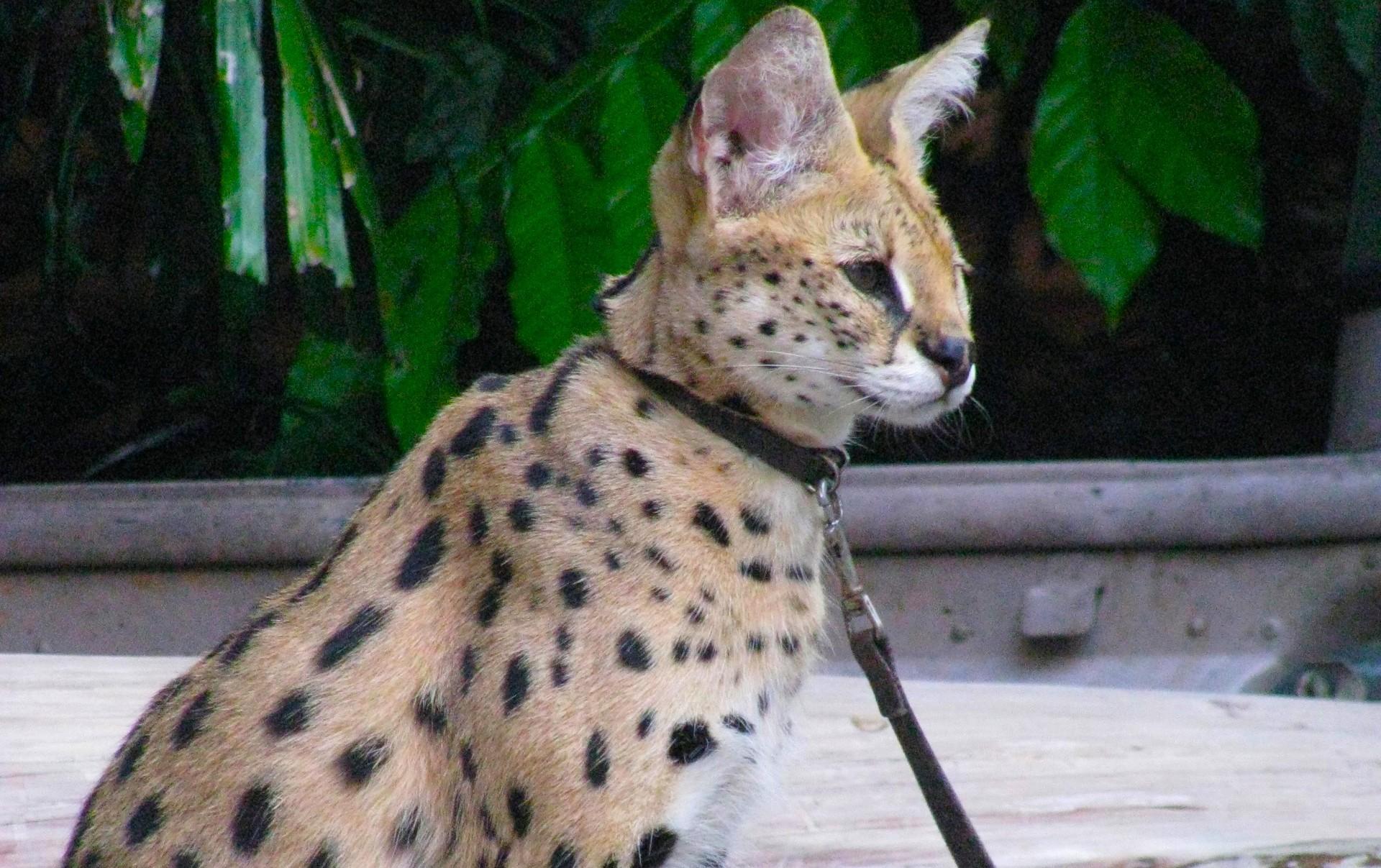
Legal Considerations and Responsibilities for Exotic Pet Owners
Owning an exotic pet comes with a unique set of legal obligations and responsibilities that are essential for both the well-being of the animal and the safety of the community. Laws can vary substantially by state and local jurisdiction, so prospective owners must familiarize themselves with the specific regulations that govern exotic pet ownership in their area. Common legal considerations include:
- Permitting Requirements: Many jurisdictions require permits for owning particular exotic species.
- Zoo Standards: Some areas enforce regulations similar to zoo standards concerning habitat and care.
- import/Export Laws: Special legislation applies to animals brought in from other countries.
- Invasive Species Laws: Ownership might potentially be prohibited for species deemed invasive in the local ecosystem.
Beyond legalities,ethical responsibilities cannot be understated for exotic pet owners. It is essential to ensure that the needs of exotic pets are met, which often requires specialized knowledge and resources. Owners need to consider factors such as:
- species-Specific Care: Each exotic animal has unique dietary, habitat, and social needs.
- Longevity and Commitment: Some species can live for decades, demanding a long-term commitment from their owners.
- social Impact: The impact on local wildlife and ecosystems must be carefully considered before bringing an exotic pet into your home.
| Legal Aspect | Potential Consequences |
|---|---|
| Failure to Obtain Permit | Fines or confiscation of the animal |
| Improper Care | Animal neglect charges |
| Invasive species Violation | Legal penalties and environmental damage |
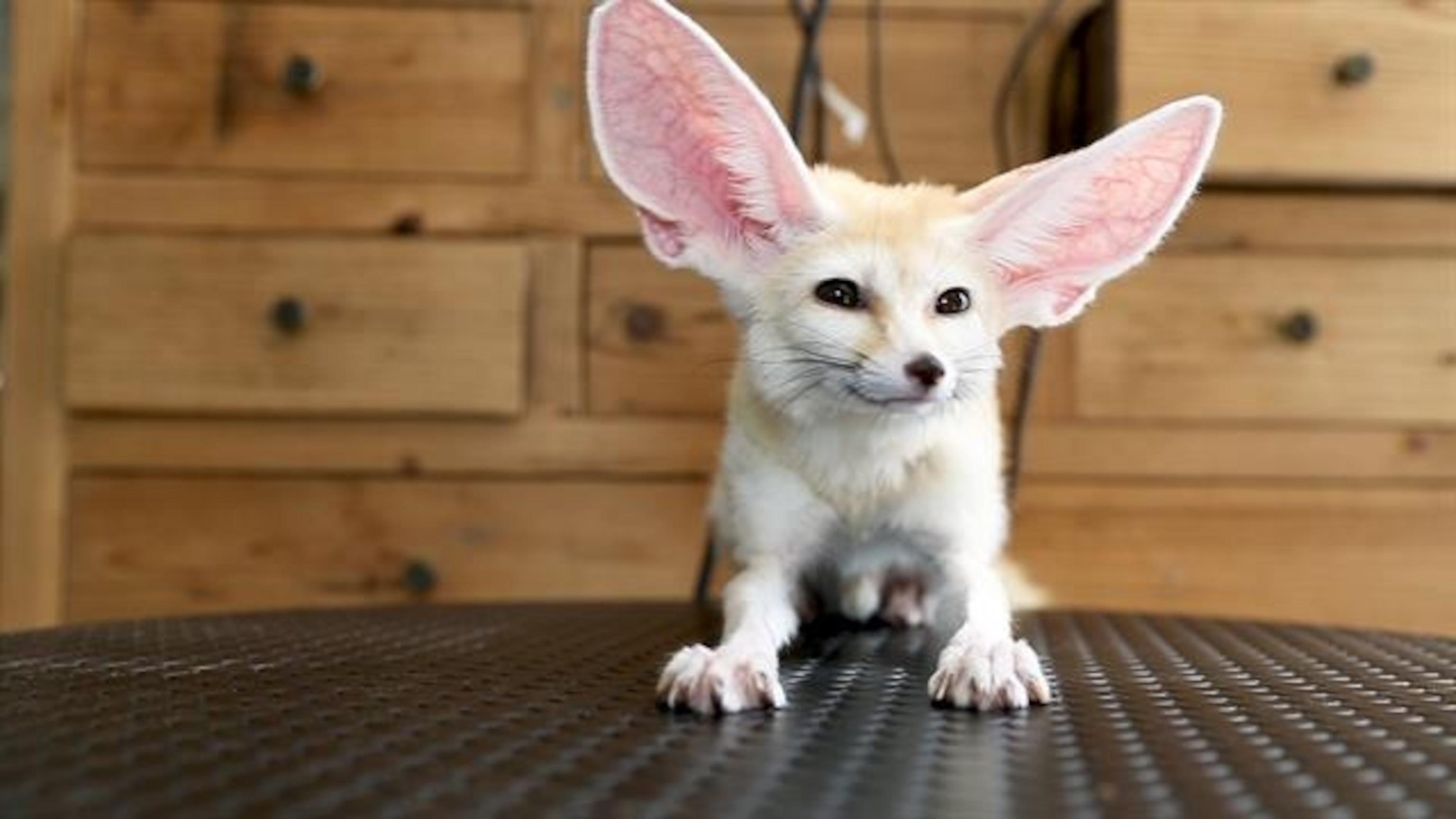
Fostering Responsible Practices in the Exotic pet Community
In the vibrant and dynamic world of exotic pet ownership, fostering responsible practices is paramount to ensure the well-being of both the animals and the community. Owners must educate themselves about the specific needs and behaviors of their pets, which can vary widely among species. A commitment to ethical sourcing, habitat replication, and appropriate dietary requirements not only enhances the lives of these animals but also encourages a culture of respect and responsibility among enthusiasts. Considerations include:
- Research before acquisition: Understanding the animal’s natural habitat and behavioral traits is crucial.
- Join supportive communities: Engaging with experienced owners provides valuable insights.
- Participate in workshops: Ongoing education about care and conservation can foster responsible ownership.
To regulate the exotic pet trade and promote welfare,collaboration within the community is essential. Initiatives such as local activism for better pet laws, guidelines for proper animal care, and sharing success stories can drive positive change.Furthermore, adopting a transparent approach to breeding practices and the environmental impact of pet ownership helps cultivate a sense of accountability. Here’s a simple structure on how to engage in responsible practices:
| Action | Description |
|---|---|
| Advocate for sustainable practices | Promote ethical breeding and avoiding wild capture. |
| Foster community connections | Build networks that share knowledge and resources. |
| Support conservation efforts | Participate in initiatives that protect natural habitats. |
To Wrap it Up
navigating the complex terrain of exotic pet ownership requires a careful balance of passion and responsibility.As we’ve explored, the allure of owning a unique companion can often overshadow the ethical considerations that come with such a commitment. From understanding the intricacies of their care to recognizing the impact of our choices on ecosystems and communities,the journey of an exotic pet owner is one of continuous learning and reflection. Ultimately, the choices we make today will shape the landscape of ethical pet ownership tomorrow. By fostering awareness, advocating for conservation, and respecting the natural habitats of these creatures, we can ensure that our exotic companions thrive alongside us, creating a harmonious bond rooted in understanding and respect. Let us embark on this adventure with open hearts and informed minds, paving the way for a future where both humans and exotic pets can coexist joyfully and ethically.


